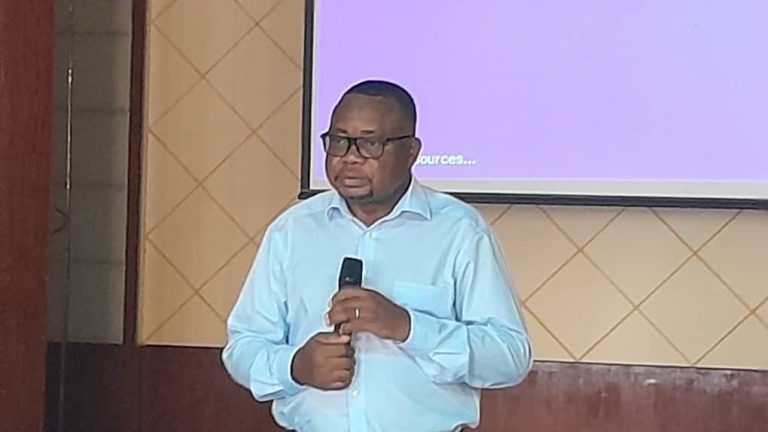
Critical skills for development: minister rallies nation
Story by Justin Mahlahla
ZIMBABWEANS from all sectors and levels must bring their skills together to develop a widespread and inclusive social economy that benefits the nation and its people, in line the national Vision 2030 and National Development Strategy.
This was said by the Minister of Skills Audit and Development, Honourable Professor Paul Mavima, as he officially opened the ministry’s skills indaba and strategic planning workshop underway in Mutare.
In his opening remarks, Hon Mavima said Zimbabwe has laid a strong foundation for socio-economic development through the establishment of university innovation hubs, vocational training centres as well as a competitive literacy level, which now requires soft and other critical skills to spread development to all, beginning with the grassroots.
“The good thing about us is we have laid the best foundations for the development of high-end skills. We have very good levels of critical skills, which are the fundamentals needed for the creation of high end products.
“We have the basic education system which we now need to transform and activate into skills education that creates economic empowerment that affects the bottom of the pyramid,” he said.
The Minister referred to skills required in various value chains such as the mining, tourism, health, education and agriculture sectors in order to add value and increase output and benefits for the country.
“But we are not only looking at skills. We also want to address issues related to the kind of structres and ecosystems that combine educational skills and human capital resources in order to be effectively optimal in every respect. If it’s at the production level, what skills and systems do we need in place to be optimal in that regard? Some people are now talking of doing away with coal, but we have to ask ourselves, with the large deposist of the mineral we have as a country, what skills do we need to derive benefit from our deposits, even as the world talks of cutting carbon emissions?”
University of Zimbabwe Vice Chancellor and National Manpower Advisory Council (NAMCO) chairperson, Professor Paul Mapfumo noted the need for skills development driven by research.
“Skills trancend all areas you can talk of. They are technical. Arts, human resouces, finance… even soft issues are technical. That’s the scope for skills. It requires a programmatic approach. If a country has oil, we have skills that we have to offer that speak to oil. If we have coal, we can also argue and say we will use science and technology to make coal green. That’s what we mean by ‘programmatic’. We always have to look at where does the country want to go? Then we build skills based on where the country wants to go.
“We have not yet produced our skills all the way down. We want to do rural industrialisation. There are high and low level skills. The skills profiling has been done through NAMCO, making trades and registering trades. For example, in solar, do we have solar techincians? There are many areas of trades that we have done and it is up to the trades represented here to identify which skills are required in each sector.”
He added: “One of the gaps we have in the country is research. The skills come from advancing research. Research pushes knowledge – a projection. To say what do we want to do as a country is made by professors. They make that prophecy and projection. A nation’s capabilities are made real by its people. Nyika inovakwa nevene vayo. Imparting skills on people does not end,” said Prof Mapfumo.
The strategic planning meeting, the first for the newly-created ministry, is expected to draft the operational direction of the ministry as it executes its cross-cutting mandate, in line with President Emmerson Mnangagwa’s Vision 2030 and beyond.
The workshop is being attended by representatives from ministries and government departments that focus on finance, human resources, administration and others.
Skills experts from the private sector are also attending the indaba to share insights on how best the Ministry can drive the skills development agenda.